Introduction
The Co-operation Programme for Health and Social Affairs describes the political priorities and goals for the 2025–2030 period.
These include ensuring equal access for everyone to healthcare pathways and consolidating the universal welfare model, preventing mental health problems, mental illness and involuntary isolation across all societal groups, ensuring equal opportunities for all to live good and healthy lives and providing early, preventative, pro-active and sustainable initiatives. These constitute the core of the programme.
Nordic benefit and added value are to be attained through close and continuous Nordic dialogue that supports knowledge sharing and the dissemination of effective measures across borders. Where possible and necessary, concrete trans-Nordic initiatives or projects should be undertaken.
The Nordic Council, civil society and other relevant actors have been involved in the drafting of the co-operation programme. The Nordic Council has submitted comments both orally and in writing at consultation meetings about the programme. A number of other internal and external actors and stakeholders have also submitted their views on the programme.
The co-operation programme is the governing document for all activity undertaken by the Council of Ministers for Health and Social Affairs. The co-operation programme was approved by the Council of Ministers for Health and Social Affairs on 19 September 2024 and applies until 31 December 2030.
The co-operation programme takes its starting point from the Nordic Council of Ministers’ mission to contribute towards the realisation of the vision of a Nordic Region which is the most sustainable and integrated region in the world by 2030. All of the Councils of Ministers work to attain this vision by pursuing the three strategic priorities that have been established. A green Nordic Region, a competitive Nordic Region and a socially sustainable Nordic Region.
Cross-cutting Nordic perspectives on equality, children and young people and sustainable development, in addition to disability issues in line with the Nordic Programme for Co-Operation on Disability Issues for 2023–2027, are included within the work pursued in the health and social care area. At the same time, potential opportunities for cross-sectoral collaborations with other sectors and bodies outside of the Nordic Council of Ministers will also be taken into consideration to the extent they are relevant and possible.

All activities in the Nordic Council of Ministers will contribute to fulfilling our vision that the Nordic Region will be the world's most sustainable and integrated region in 2030. The co-operation programme describes how the sector will work with the three strategic priority areas.